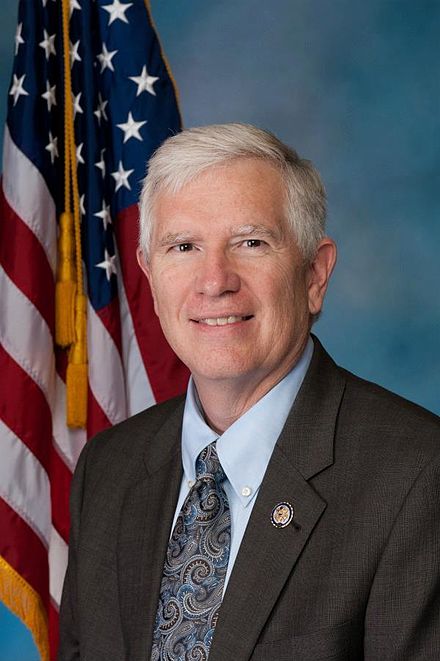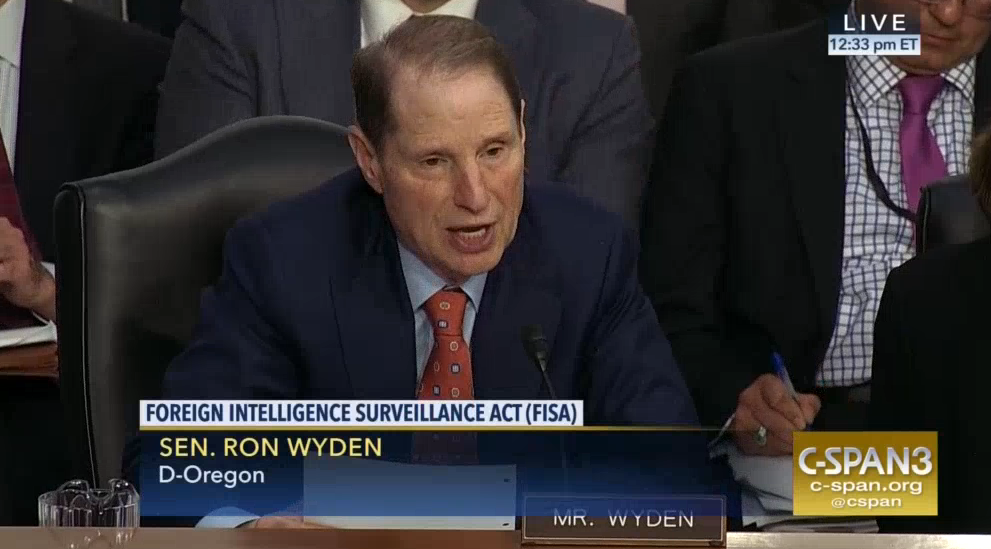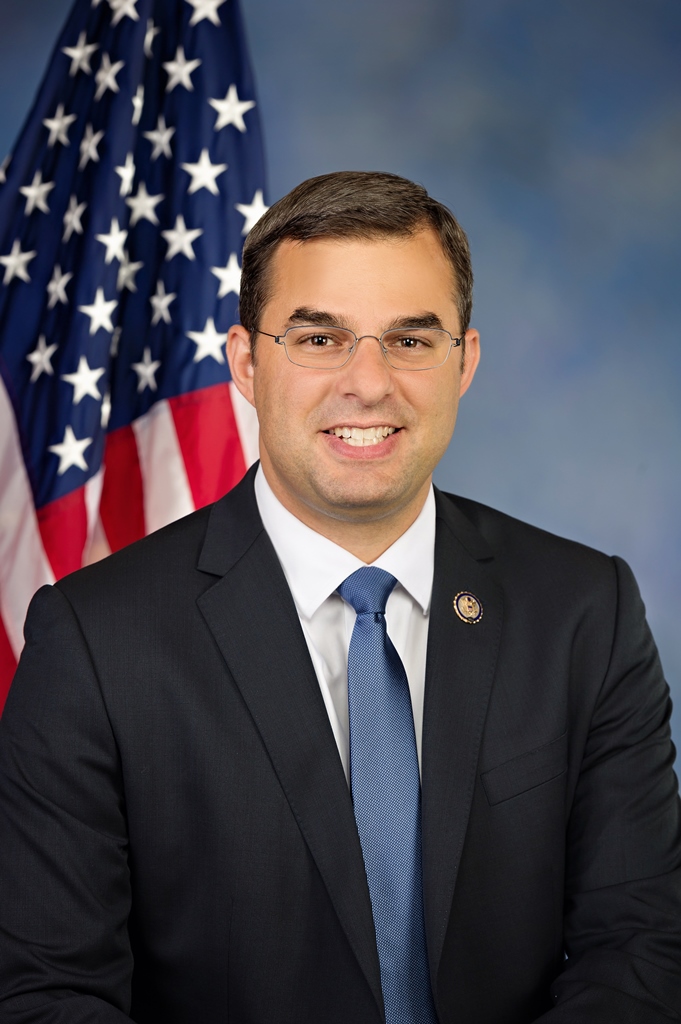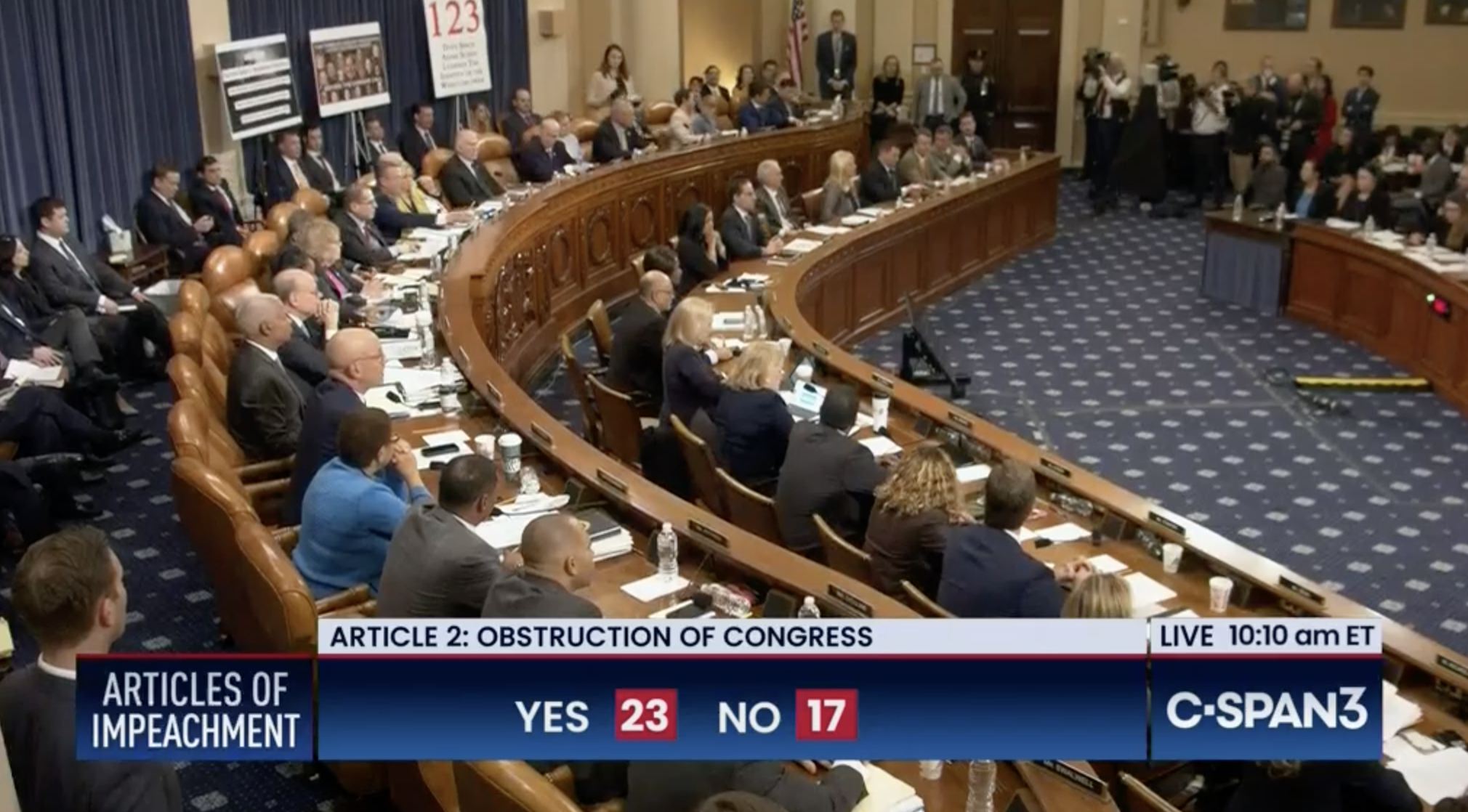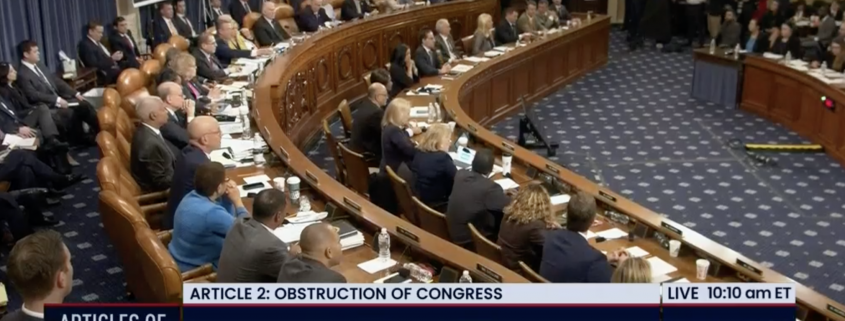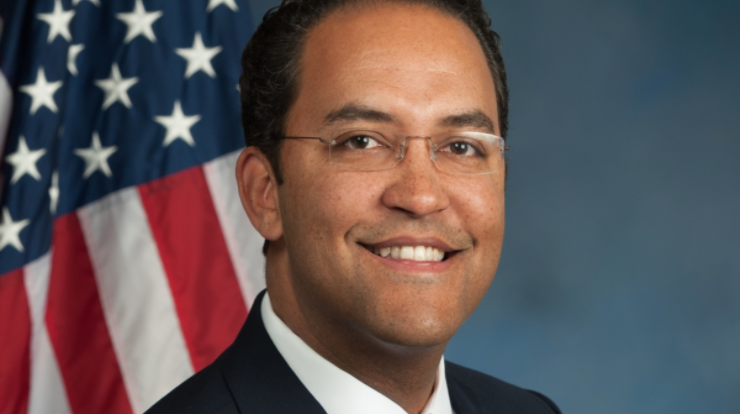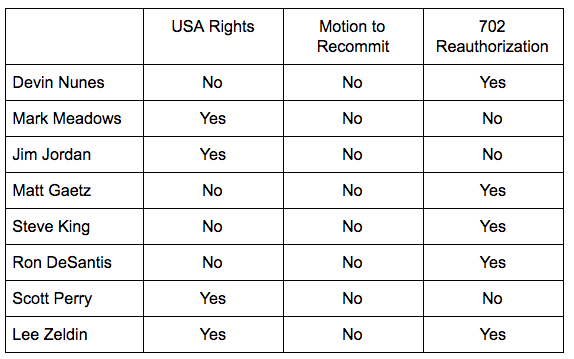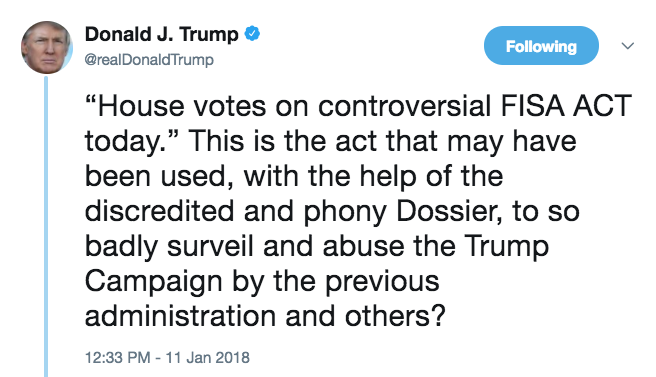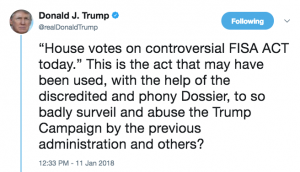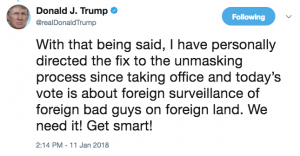DOJ Unimpressed by Mo Brooks’ Kickass Conspiracy Defense
Last night, DOJ refused to certify that Mo Brooks’ actions laid out in a lawsuit by Eric Swalwell were done in the course of his employment as a Congressman. To understand why, and why Brooks may have given DOJ an easy way to prosecute him in conjunction with January 6, you have to look at the sworn declaration Brooks submitted in support of a claim that his call on Trump rally attendees to “kick ass” was part of his duty as a Congressperson.
Broadly, the Swalwell lawsuit accuses Brooks of conspiring with Donald Trump, Donald Trump Jr, and Rudy Giuliani to violate his civil rights by trying to prevent him from performing his official duties. One of the descriptions of the conspiracy is:
169. As described more fully in this Complaint, the Defendants, by force, intimidation, or threat, agreed and conspired among themselves and with others to prevent members of Congress, including the Plaintiff, and Vice President Mike Pence from counting the Electoral College Votes and certifying President Biden and Vice President Harris as the winners of the 2020 presidential election.
It alleges Brooks committed a number of overt acts, which include a series of Tweets that mirror and in one case anticipate the public claims the other alleged co-conspirators made, as well as his speech at the January 6 Trump rally where he incited listeners to “kick ass” to save the Republic.
Mo Brooks addressed the large crowd at the January 6 rally. He said “America is at risk unlike it has been in decades, and perhaps centuries.” He told the crowd to start “kicking ass,” and he spoke with reverence, at a purportedly peaceful demonstration, of how “our ancestors sacrificed their blood, sweat, their tears, their fortunes, and sometimes their lives,” before shouting at the crowd “Are you willing to do the same?!” Brooks intended these words as a threat of violence or intimidation to block the certification vote from even occurring and/or to coerce members of Congress to disregard the results of the election.
In general, Brooks’ sworn declaration, submitted in support of a petition to certify that he was acting within the scope of his office as a Congressperson, claimed over and over that the actions he admits to (he claims all but one of the Tweets in question were sent by his staffers) were done,
pursuant to my duties and job as a United States Congressman concerning presidential election dispute resolution obligations imposed on Congress by the U.S. Constitution, Amendment 12 in particular, and the United States Code, 3 U.S.C. 15 in particular.
That includes, for example, when Brooks claims he,
drafted my January 6, 2021 Ellipse Speech in my office at the Rayburn House Office building on my Congressional Office computer. I also timed, reviewed and revised, and practiced my Ellipse Speech in my office at the Rayburn House Office Building.
Claiming such actions were part of his duties as a Congressperson is how Brooks responds to most of the allegations against him. One notable exception is when he claimed,
I only gave an Ellipse Speech because the White House asked me, in my capacity as a United States Congressman, to speak at the Ellipse Rally. But for the White House request, I would not have appeared at the Ellipse Rally.
The far more notable exception came when, presumably in an effort to disclaim intending to invite rally participants to “kick ass” on January 6, Brooks explains that the “kicking ass” was instead an effort to get Republicans to start focusing on the 2022 and 2024 elections.
Swalwell errs by splicing one sentence and omitting the preceding sentence in a two-sentence paragraph that emphasizes I am talking about “kicking ass” in the 2022 and 2024 ELECTIONS! The full paragraph states, in toto:
But lets be clear, regardless of today’s outcome, the 2022 and the 2024 elections are right around the corner, and America does not need and cannot stand, cannot tolerate any more weakling, cowering, wimpy Republican Congressmen and Senators who covet the power and the prestige the swamp has to offer, while groveling at the feet and the knees of the special interest group masters. As such, today is important in another way, today is the day American patriots start by taking down names and kicking ass.
My intent in uttering these words was to encourage Ellipse Rally attendees to put the 2020 elections behind them (and, in particular, the preceding day’s two GOP Senator losses in Georgia) and to start focusing on the 2022 and 2024 elections.
“As such” is the key phrase in the second sentence because it emphasizes that the paragraph’s second sentence is in the context of the paragraph’s first sentence’s 2022 and 2024 election cycles (that began November 4, 2020).
Consisted with this is the middle part of the paragraph’s second sentence, which states, “taking down names”. Whose names are to be “taken down”? The names of those Senators and Congressmen who do not vote for honest and accurate elections after the House and Senate floor debates later in that afternoon and evening. Once we get and “take down” their names, our task is to “kick their ass” in the 2022 and 2024 election cycles. [emphasis original]
This claim is inconsistent with many of the other claims that Brooks makes. And claiming that he means to replace Senators and Congresspeople who don’t vote against the legal outcome of the election only defers the threats against those who don’t participate in an election scam.
But the most important part, for the purposes of Brooks’ efforts to dodge this lawsuit, is that he has just confessed, in a sworn declaration, to have been campaigning when he delivered the speech that he wrote using official resources.
That’s one of the points that Zoe Lofgren made, in her role as Chair of the Committee on House Administration, when providing a response from Congress in lieu of one from the House General Counsel. After noting that Members of Congress cannot, as part of their official duties, commit a crime, she then notes that members are also prohibited from using official resources for campaign purposes.
Conduct that is campaign or political in nature is also outside the scope of official duties and not permissible official activity. For example, regulations of the Committee on House Administration provide that a Member may use their official funds only for “official and representational expenses,” and “may not pay for campaign expenses” or “campaign-related political party expenses with such funds.”5
Similarly, the Committee on Ethics notes that, “Official resources of the House must, as a general rule, be used for the performance of official business of the House, and hence those resources may not be used for campaign or political purposes.”6 For purposes of this rule, “official resources” includes not only official funds, but “goods and services purchased with those funds,” “House buildings, and House rooms and offices,” “congressional office equipment,” “office supplies,” and “congressional staff time.”7 The limitations on the authorized use of official time and space for campaign or political purposes extends to activities such as “the drafting of campaign speeches, statements, press releases, or literature.”8 Moreover, the scope of campaign or political activities that may not be conducted with official resources is not limited to the Member’s own reelection campaign. As the Committee on Ethics explains:
Members and staff should be aware that the general prohibition against campaign or political use of official resources applies not only to any Member campaign for re-election, but rather to any campaign or political undertaking. Thus the prohibition applies to, for example, campaigns for the presidency, the U.S. Senate, or a state or local office, and it applies to such campaigns whether the Member is a candidate or is merely seeking to support or assist (or oppose) a candidate in such a campaign.9
In his motion, Representative Brooks represents to the court that he intended his January 6, 2021, speech to incite action by the thousands of attendees with respect to election activity. Representative Brooks states that he sought “to encourage Ellipse Rally attendees to put the 2020 elections behind them (and, in particular, the preceding day’s two Georgia GOP Senate losses) and to inspire listeners to start focusing on the 2022 and 2024 elections, which had already begun.”10 For example, Representative Brooks affirms that in his speech, he said, “Today is a time of choosing, and tomorrow is a time for fighting.” 11 According to Representative Brooks, the first half of that statement, “Today is a time of choosing,” is not a “call for violence,” but is instead a reference to “[w]hich Senators and Congressmen to support, and oppose, in future elections.”12 Further, he explains that the second half of that statement, “tomorrow is a time for fighting,” is a reference to “fighting” “[t]hose who don’t vote like citizens prefer … in future elections, as is emphasized later in the speech.”13
Similarly, Representative Brooks also declares that in his speech, he said, that “the 2022 and 2024 elections are right around the corner” and that “As such, today is important in another way, today is the day American patriots start taking down names and kicking ass.” 14 As he said “the 2022 and 2024 elections are right around the corner,” Representative Brooks withdrew a red cap that stated “FIRE PELOSI” from his coat, donned the cap, and wore it for the remainder of his speech.15 Representative Brooks says that, “The phrase, ‘As such’ emphasizes that the second sentence is in the context of the first sentence’s ‘2022 and 2024 elections’ time frame … and the desire to beat offending Republicans in those elections!”16 He asks and answers his own question about the timing: “When do citizens kick those Republican asses? As stated in the first sentence, in the ‘2022 and 2024 elections that are right around the corner.’”17 He later affirms that, “My ‘kicking ass’ comment referred to what patriotic Republicans needed to do in the 2022 and 2024 elections and had zero to do with the Capitol riot.”18
For Lofgren’s purpose, the important part is that Brooks has sworn under oath that the specific language that seemed to invite violence was instead campaign activity outside the scope of his official duties.
Essentially, in deflecting the allegation that his speech was an incitement to violence, Representative Brooks has sworn under oath to the court that his conduct was instead in furtherance of political campaigns. As noted, standards of conduct that apply to Members and precedents of the House are clear that campaign activity is outside the scope of official duties and not a permissible use of official resources.
She doesn’t say it, but Brooks’ declaration, including his confession that he wrote the speech in his office, is also a sworn declaration that he violated campaign finance laws by using his office for campaign activities.
The DOJ response to Brooks’ request for certification cites Lofgren’s letter while adopting a similar approach to it, one that would extend beyond Brooks’ actions to Trump himself. The entire rally, they say, was a campaign rally, and therefore outside the scope of Brooks’ employment as a Congressperson — or the scope of employment of any elected official.
The record indicates that the January 6 rally was an electioneering or campaign activity that Brooks would ordinarily be presumed to have undertaken in an unofficial capacity. Activities specifically directed toward the success of a candidate for a partisan political office in a campaign context—electioneering or campaign activities—are not within the scope of the office or employment of a Member of the House of Representatives. Like other elected officials, Members run for reelection themselves and routinely campaign for other political candidates. But they do so in their private, rather than official, capacities.
This understanding that the scope of federal office excludes campaign activity is broadly reflected in numerous authorities. This Court, for example, emphasized “the basic principle that government funds should not be spent to help incumbents gain reelection” in holding that House or Senate mailings aimed at that purpose are “unofficial communication[s].” Common Cause v. Bolger, 574 F. Supp. 672, 683 (D.D.C. 1982) (upholding statute that provided franking privileges for official communications but not unofficial communications).
The current House Ethics Manual confirms that the official business of Members of the House does not include seeking election or reelection for themselves or others. House resources generally cannot be used for campaign purposes, and Members’ staff may engage in campaign work only “on their own time and outside the congressional office.” House Ethics Manual, Committee on Standards of Official Conduct, 110th Cong., 2d Sess., at 121 (2008). For instance, Representatives cannot conduct campaign activities from House buildings or offices or use official letterhead or insignia, and congressional staff on official time should terminate interviews that focus on campaign issues. See id. at 127–29, 133. Of direct relevance here, a Member of Congress also cannot use official resources to engage in presidential campaigns: “[T]he general prohibition against campaign or political use of official resources applies not only to any Member campaign for re-election, but rather to any campaign or political undertaking,” and this “prohibition applies to, for example, campaigns for the Presidency.” Id. at 124; see Lofgren Letter 2.
First, the record indicates that Brooks’s conduct was undertaken as part of a campaign-type rally, and campaign activity is not “of the kind he is employed to perform,” or “within the authorized time and space limits” for a Member of Congress. Restatement §§ 228(1)(a), (b). Second, the Complaint alleges that Brooks engaged in a conspiracy and incited the attack on the Capitol on January 6. That alleged conduct plainly would not qualify as within the scope of employment for an officer or employee of the United States, because attacking one’s employer is different in kind from any authorized conduct and not “actuated . . . by a purpose to serve” the employer. Id. § 228(1)(c). Brooks does not argue otherwise. Instead, he denies the Complaint’s allegations of conspiracy and incitement. The Department does not address that issue here because the campaign-related nature of the rally independently warrants denial of certification, and because the Department is engaged in ongoing investigations into the events of January 6 more generally. But if the Court were to reject our argument that the campaign nature of the January 6 rally resolves the certification question, the Court should not certify that Brooks was acting within the scope of his office or employment unless it concludes that Brooks did not engage in the sort of conduct alleged in the Complaint. [my emphasis]
Brooks might object to DOJ’s determination that the entire rally was a campaign event; he claims the other parts of his speech were part of his duty as a Congressperson. But if pressed on that point, the inconsistencies within his own sworn declaration would either support the view that Trump’s actions also weren’t part of his official duties, or that he himself meant the “kick ass” comment to refer to events of the day and therefore did incite violence. That is, the inconsistencies in Brooks’ sworn declaration may corner him into statements that go against Trump’s interests as well.
Importantly, DOJ’s filing treats the question of whether Brooks committed a crime as a separate issue entirely, asking Judge Amit Mehta not to rule in Brooks’ favor without first analyzing Brooks’ conduct to determine if the conduct alleged in the complaint — which happens to be but which DOJ doesn’t spell out — is a conspiracy to obstruct the vote count, the same charge used against three different militias charged in January 6.
Once again, DOJ emphasizes that this language applies to any Federal employee.
Instead, he denies the Complaint’s allegations of conspiracy and incitement. The Department does not address that issue here because the campaign-related nature of the rally independently warrants denial of certification, and because the Department is engaged in ongoing investigations into the events of January 6 more generally. But if the Court were to reject our argument that the campaign nature of the January 6 rally resolves the certification question, the Court should not certify that Brooks was acting within the scope of his office or employment unless it concludes that Brooks did not engage in the sort of conduct alleged in the Complaint.
[snip]
Here, the Complaint alleges that Brooks conspired with the other Defendants and the “rioters who breached the Capitol on January 6” to prevent Congress from certifying the Electoral College votes. Compl. ¶ 12. To serve that end, the Complaint alleges that, among other things, the Defendants conspired amongst themselves and with others to “injure members of Congress . . . and Vice President Pence” in an effort to disrupt the peaceful transfer of power. Compl. ¶¶ 1, 12, 171, 179. Such a conspiracy would clearly be outside the scope of the office of a Member of Congress: Inciting or conspiring to foment a violent attack on the United States Congress is not within the scope of employment of a Representative—or any federal employee— and thus is not the sort of conduct for which the United States is properly substituted as a defendant under the Westfall Act.
Brooks does not argue otherwise. Instead, he denies the Complaint’s allegations that he conspired to incite the attack on the Capitol. See Brooks Aff. 17–18.5 The Department of Justice does not address that issue here. The campaign or electioneering nature of Brooks’s participation in the January 6 rally independently warrants denial of certification, and the Department is engaged in ongoing investigations into the events of January 6 more broadly.6 But if the Court were to reject our argument that the campaign nature of the January 6 rally resolves the certification question, the Court should not certify that Brooks was acting within the scope of his employment unless it concludes that Brooks did not engage in the sort of conduct alleged in the Complaint. Cf. Osborn v. Haley, 549 U.S. 225, 252 (2007) (recognizing that scope-of-employment questions may overlap substantially with the merits of a tort claim).
6 As this Court is aware, the U.S. Attorney’s Office for the District of Columbia and the Federal Bureau of Investigation have for several months continued their investigation and prosecution of those responsible for the attack. This investigation is ongoing. More than 535 defendants have been arrested across the country and at least 165 defendants have been charged on counts ranging from destruction of government property to conspiracy to obstruct a congressional proceeding. See Department of Justice Statement, https://www.justice.gov/usao-dc/six-monthsjanuary-6th-attack-capitol. [my emphasis]
Someone could write a book on how many important cases Judge Mehta has presided over in recent years. But he’s got a slew of January 6 defendants, including all the Oath Keeper conspirators. And so Mehta is not just aware that DOJ is conducting an ongoing investigation, he has also presided over four guilty pleas for conspiring to obstruct the vote count, close to (but charged under a different law) as the claim Swalwell made in his complaint.
So Mehta has already accepted that it is a crime to obstruct the vote count, four different times, with Jon Schaffer, Graydon Young, Mark Grods, and Caleb Berry. He’d have a hard time ruling that, if Swalwell’s allegations are true (as noted, Brooks contends that some of them are not, and they certainly don’t yet present enough proof to support a criminal prosecution), Brooks would be exempt from the same criminal conspiracy charges that the Oath Keepers are pleading guilty to.
DOJ’s declaration is not (just) an attempt to create space — by distinguishing campaign activities from official duties — between this and DOJ’s decision to substitute for Trump in the E. Jean Carroll lawsuit. It is an effort to preserve the principle that not just Congresspeople, but all Federal employees, may be charged and convicted of a conspiracy to obstruct the vote count, particularly for actions taken as part of campaign activities.

